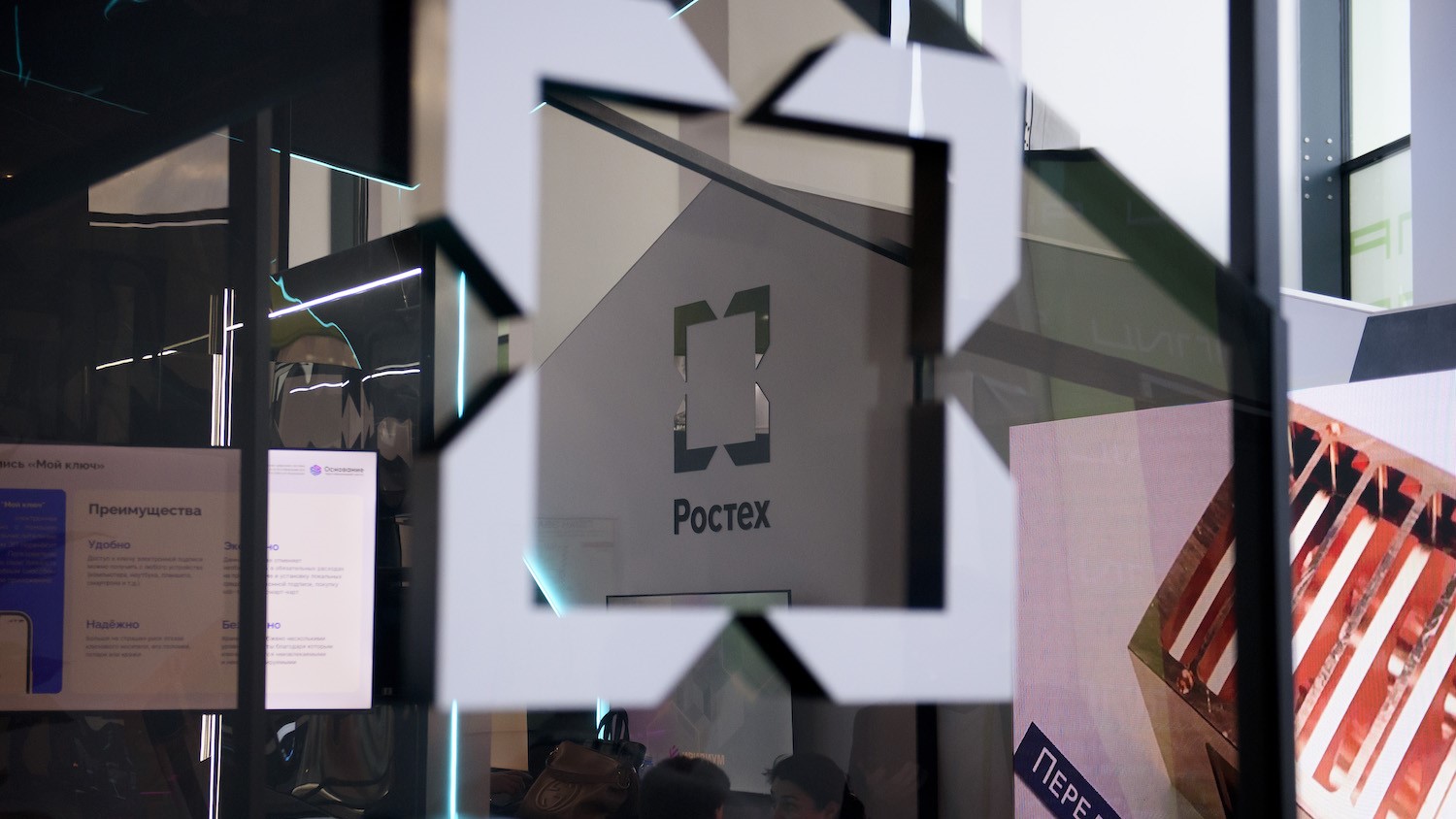Russian chipmaker unveils Raspberry Pi competitor — despite US sanction woes, Elbrus packs its homegrown chip into the smallest form factor yet
Elbrus's confusing naming conventions come to a tiny form factor.

Get Tom's Hardware's best news and in-depth reviews, straight to your inbox.
You are now subscribed
Your newsletter sign-up was successful
Russian state-owned enterprise Rostec is taking a break from defense contracting and is moving to the mini-PC market. Rostec has announced the finalization of its MP21 computer, a self-proclaimed Raspberry Pi 5 competitor running on an Elbrus 2S3 processor. The problem for Rostec is that TSMC has not manufactured Elbrus chips since Russian sanctions began in 2022.
The MP21 is a 95x95mm mini-PC like a Pi computer, albeit with noticeably larger dimensions. The MP21, the smallest computer ever to be powered by the Elbrus 2S3, will come equipped with up to 8GB RAM and an SSD between 60 and 480GB of non-soldered SSD storage. The mini-computer will consume 40W of power, much more than the Pi 5's maximum 10W in our testing. Russian news outlet CNews requested images of the computer, as well as details on when production will start; Rostec refused both requests.
The Elbrus 2S3, the star of the show, is an alright SoC processor. A dual-core processor on TSMC's 16nm process, the 2S3 can run at up to 2 GHz, doing 196 Gflops. The chip supports up to two channels of DDR4-3200 RAM and PCIe 3.0 and contains a six-core graphics controller and built-in video encoding/decoding units. The SoC is described as extremely secure and was intended to be a budget chip. It is also described as extremely scarce; since Taiwan blocked the export of all processors at 25 MHz or higher in 2022, Russia has not been able to acquire new copies of the TSMC-made chip. Rostec assured CNews that it has many copies of the Elbrus 2S3.
The MP21's intended market is also narrow. While Rostec boasts in its press release of its potential use in aircraft or security systems, a request for comment from CNews was met with the claim that the MP21 is primarily intended for automatic process control in factories. The Rostec state corporation responded to inquiries about stock and supply with: "A small pilot batch has been released; release plans will meet market needs. It is planned to produce thousands of products.”
Rostec and Elbrus have seen a hearty share of disappointments since Russia's offensive on Ukraine began. Since sanctions were imposed, Russia has had serious trouble sourcing computing power. Elbrus's CPUs have been described as "completely unacceptable" by potential bank clients, and Rostec's other computing breakthroughs recently have included an unbuildable 128-core server platform and a self-destructing USB drive; Rostec is also the Russian state's entity for defense and aviation development.
Get Tom's Hardware's best news and in-depth reviews, straight to your inbox.

Sunny Grimm is a contributing writer for Tom's Hardware. He has been building and breaking computers since 2017, serving as the resident youngster at Tom's. From APUs to RGB, Sunny has a handle on all the latest tech news.
-
bit_user These Elbrus processors are probably the most interesting CPU I've heard of Russia's tech sector producing. I am curious to see how it might continue to evolve.Reply
Here's an article about an older generation:
https://www.anandtech.com/show/15823/russias-elbrus-8cb-microarchitecture-8core-vliw-on-tsmc-28nm -
bit_user Reply
You might be onto something, sort of. Given it's made on TSMC's 16 nm node, it would seem well within SMIC's capabilities to manufacture.peachpuff said:Did they buy this from alibaba and put their name on it? -
Reply
The Elbrus 2S3, the star of the show, is an alright SoC processor. A dual-core processor on TSMC's 16nm process, the 2S3 can run at up to 2 GHz, doing 196 Gflops. The chip supports up to two channels of DDR4-3200 RAM and PCIe 3.0 and contains a six-core graphics controller and built-in video encoding/decoding units.
What is an "alright" SoC btw ? Are you sure those specs are accurate ? This is what I got after after checking company's documents.
DDR4-2400, two channels of operational DDR4-2400 with ECC error correction code
96 GFLOPS.
2 cores MCST "Elbrus" for general purpose
1 core MCST "MGA" for 2D graphics accelerator, apart from having 6 cores for 3D graphics accelerator -
usertests Reply
Elbrus is "legit". You can find articles about them on Tom's Hardware going back years.peachpuff said:Did they buy this from alibaba and put their name on it?
This dual-core is of little interest to tinkerers. It's a "Raspberry Pi Competitor" to maybe RPi 2/3. 40 Watts seems like nonsense since they've done 8 cores at 70W on a 28nm node before. Maybe it's maximum system power consumption including drives, peripherals, etc. -
peachpuff Reply
Russia is also known for constantly lying about pretty much everything so anything they announce has to be taken with a grain of salt.usertests said:Elbrus is "legit". You can find articles about them on Tom's Hardware going back years.
This dual-core is of little interest to tinkerers. It's a "Raspberry Pi Competitor" to maybe RPi 2/3. 40 Watts seems like nonsense since they've done 8 cores at 70W on a 28nm node before. Maybe it's maximum system power consumption including drives, peripherals, etc. -
hotaru251 my largest concern isnt performance its quality...iirc didnt a ton of their homegrown chips fail due to quality being very bad ?Reply -
dalek1234 Pretty much every good news that comes out of ruzzia is a lie. It's a waste of time to read, let alone write about it.Reply -
bit_user Reply
Just curious: do you mean your concern as a prospective user, or what your concern would be as a hypothetical one?hotaru251 said:my largest concern isnt performance its quality...iirc didnt a ton of their homegrown chips fail due to quality being very bad ?